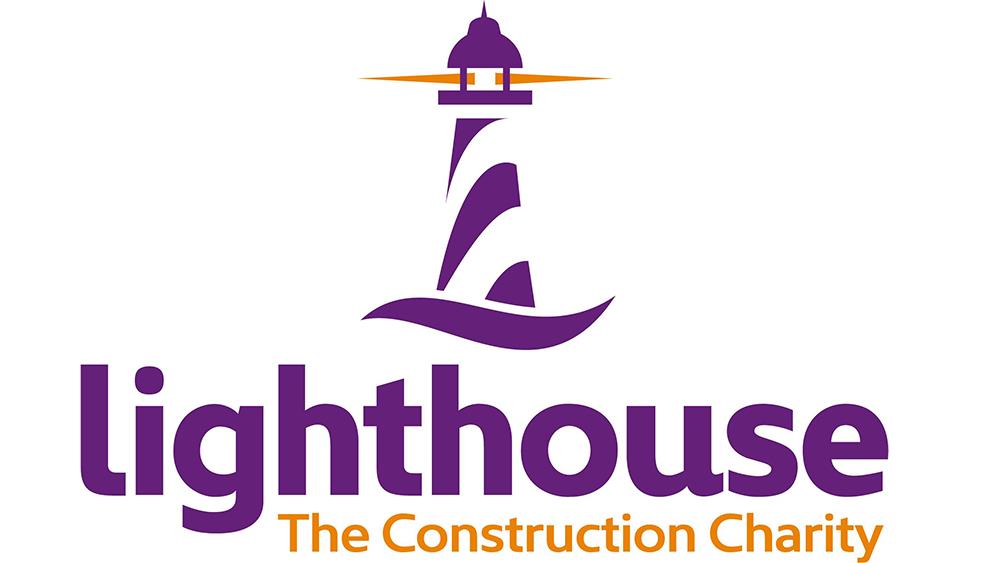Sarah Bolton, CEO of the Lighthouse Charity, explains why its work to improve the wellbeing of the construction community is 24/7.
World Mental Health Day always brings a focus on what more could or should be done to support our industry’s workforce.
Greater awareness of some of the issues can only be a positive thing, but for the Lighthouse Charity, our work to improve the wellbeing of our construction community is continuous; every hour, every day, every month.
We are consistently advocating for a positive mental health culture, but the past few years have presented the industry with a number of external challenges. Whilst we anticipated the far reaching and ongoing financial effects of COVID, the enduring impact on our mental wellbeing has proven to be just as challenging.
The pandemic affected us with changing roles, altered working practices and increased lone working, spotlighting the nation's emotional wellbeing. Coupled with the inherent challenges of working in construction, we're confronted with numerous issues demanding attention.
So far this year we’ve seen a 33% increase* in people contacting us for support. I see this as positive as it indicates that people feel less stigmatised and more able to reach out for the support they need; be that through our helpline, live web chat or text support service.
Each person has a ‘presenting problem’ but things are never black and white. We know that poor mental wellbeing goes hand in hand with the vast majority of calls for help we receive and what can start out as a simple issue can quickly spiral out of control and seem insurmountable.
As well as continually reviewing our charitable services, one of the keys to improving our industry’s wellbeing is to have Mental Health First Aiders in the workplace who are trained to spot the early signs and symptoms of someone who may be struggling.
With over 15,000 MHFAiders in our industry, the message of support can be amplified, and simply starting a supportive conversation can have a life changing and a lifesaving impact.
But this is not a tick box exercise and having the right people in place and then ensuring they get the support they need is paramount.
Volunteers should be exactly that, not individuals nominated purely on their seniority in an organisation. A good mental health first aider is someone that already demonstrates that they are a non-judgemental listener who can empathise with others and offer hope and support.
Our MHFAiders deal with extremely sensitive information on a regular basis and bear the emotional weight of our workforce. So, the next critical element is to ensure that they too can access the professional support they need.
Our charity has always been at the forefront of providing expert proactive and reactive charitable services and this is no exception. We offer a unique programme of support for the industry’s MHFAiders that incorporates access to peer support networks, new resources and empowers people with the skills to monitor their own wellbeing.
This programme of support has been developed through feedback from MHFAiders who have first-hand experience of the many challenges our workforce face.
Our peer support sessions are facilitated by a mental health professional and offer people the opportunity to share their experiences with other MHFAiders and receive encouragement in their role. It also offers updates on new referral pathways and resources so that they can signpost effectively.
If you or anyone you know is struggling, reach out for 24/7 free & confidential support;
24/7 helplines; 0345 605 1956, (UK) 1800 939 122 (ROI)

